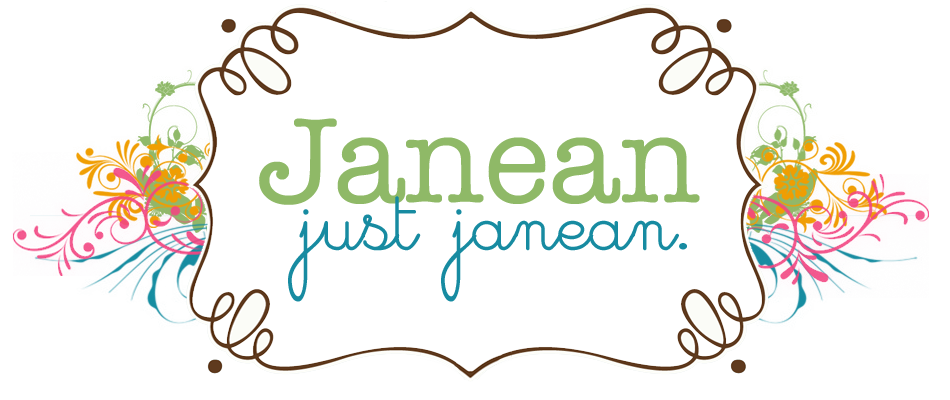 The Fine Art Of Listening and knowing when to SHUT UP!
The Fine Art Of Listening and knowing when to SHUT UP!
is the gifted and great role, and the imaginative role.
And the true listener is much more beloved, magnetic
than the talker, and he is more effective and learns more and
does more good.
Some consider that listening is a forgotten
skill. With so many “sounds” going on
around us all day, we effectively “tune
out” often and rarely listen with great
intent.
Do you like to talk? I know I do. When I was little I was a chatterbox. I never stopped telling my brothers what to do - I was considered "bossy" and a little know it all. I see so much of myself in my little guy Trevan. He and his brother do not get along so much of the time because Trevan is too busy talking and not listening to what Turner has to say. If they could learn at this young tender age to stop and listen to each other their brotherly love would grow deeper.
I have learned over the past years to know when to SHUT UP and listen. REALLY listen to my friends, loved ones and people I meet. If we could all fine tune this skill we can learn so much more about how people are wired, how they truly feel and deepen our relationships in a positive way.
How do we do this - you ask - well here is a start:
Become aware of your personal filters and triggers. Each of us is a product of our upbringing, culture, life experiences and anything and everything that makes us unique as human beings. Our uniqueness can sometimes be an obstacle to being an effective listener. As you listen, try to remain open to what you are hearing and withhold evaluation or judgment. Become aware of what your triggers are in the communication process and what shuts your listening down.
Ask yourself what it feels like when someone really listens to you and when they don't. Make a list of any behaviors that you find irritating in the listening habits of other people and then examine your own listening behavior. See if you just might exhibit any of the behaviors you find annoying. Create a checklist of habits you want to change.
As listeners we think about 500 words per minute while the normal speaking rate is about 125 to 150 words per minute.~Unless you are especially gifted like my Best Friend Candie - she can think about 1000 words per minute and speak 500 words per minute! - no wonder we are Best Friends~ That creates a lot of room for communication to break down or for your mind to wander! Try to hear everything that is being said, listen to the entire message and then respond. The temptation is to fill the extra space with your own thoughts and/or responses to what is being said, but filling this space with your own thoughts or responses will take you out of the current conversation.
Listen with empathy. Empathy is an imaginative process. Empathy is emptying the mind and listening with the whole being. Empathy is a respectful understanding of what others are experiencing. True empathy is the ability to fully understand and accept another, complete with all their feelings, thoughts and opinions. It is often frustrating for someone needing empathy to have us assume they want reassurance or "fix-it" advice. Learn to listen for: What's not being said? What's in the way? What's missing? What's needed right now? What's most important to the speaker?
Create an environment for the listening to occur. Remove distractions. For example, if you are watching a sporting event on TV or are in the middle of a project at work, you probably don't have the time or space to be an effective listener. Or if you are feeling stressed, you just won't be available to hear what the speaker is saying. Let the speaker know now is not a good time and schedule a time when you can be fully present for the conversation in mind, body and spirit.
I try to improve my listening skills each day - especially where my kids are concerned. They are little sponges and have SO much to say. I do not want them to grow up thinking that I did not have the time to LISTEN - really LISTEN to what they find important in life.
If we learn to stop and really listen - we will find that there is so much in this world that we still have to LEARN.
So next time you are chatting it up with someone - stop and take the time to REALLY LISTEN and see if you come away feeling like you accomplished something! So here is your new challenge...we all have room to improve!
XOXO
Janean
![[janeansig.jpg]](https://blogger.googleusercontent.com/img/b/R29vZ2xl/AVvXsEj7MeY00KwU1p0ZVahADr8g3dJm1t8zMOX2Og33EkkRh0AunbQufDIFtYKbNPzxpeoMtgvCbeRsOcdKs7sshTrHDQMei-oVPF_V3uznDTZjHS4Bi4gplabWPSCnUDIj-Tuxpsc5nZHQrm8/s1600/janeansig.jpg)
I have learned over the past years to know when to SHUT UP and listen. REALLY listen to my friends, loved ones and people I meet. If we could all fine tune this skill we can learn so much more about how people are wired, how they truly feel and deepen our relationships in a positive way.
How do we do this - you ask - well here is a start:
Become aware of your personal filters and triggers. Each of us is a product of our upbringing, culture, life experiences and anything and everything that makes us unique as human beings. Our uniqueness can sometimes be an obstacle to being an effective listener. As you listen, try to remain open to what you are hearing and withhold evaluation or judgment. Become aware of what your triggers are in the communication process and what shuts your listening down.
Ask yourself what it feels like when someone really listens to you and when they don't. Make a list of any behaviors that you find irritating in the listening habits of other people and then examine your own listening behavior. See if you just might exhibit any of the behaviors you find annoying. Create a checklist of habits you want to change.
As listeners we think about 500 words per minute while the normal speaking rate is about 125 to 150 words per minute.~Unless you are especially gifted like my Best Friend Candie - she can think about 1000 words per minute and speak 500 words per minute! - no wonder we are Best Friends~ That creates a lot of room for communication to break down or for your mind to wander! Try to hear everything that is being said, listen to the entire message and then respond. The temptation is to fill the extra space with your own thoughts and/or responses to what is being said, but filling this space with your own thoughts or responses will take you out of the current conversation.
Listen with empathy. Empathy is an imaginative process. Empathy is emptying the mind and listening with the whole being. Empathy is a respectful understanding of what others are experiencing. True empathy is the ability to fully understand and accept another, complete with all their feelings, thoughts and opinions. It is often frustrating for someone needing empathy to have us assume they want reassurance or "fix-it" advice. Learn to listen for: What's not being said? What's in the way? What's missing? What's needed right now? What's most important to the speaker?
Create an environment for the listening to occur. Remove distractions. For example, if you are watching a sporting event on TV or are in the middle of a project at work, you probably don't have the time or space to be an effective listener. Or if you are feeling stressed, you just won't be available to hear what the speaker is saying. Let the speaker know now is not a good time and schedule a time when you can be fully present for the conversation in mind, body and spirit.
I try to improve my listening skills each day - especially where my kids are concerned. They are little sponges and have SO much to say. I do not want them to grow up thinking that I did not have the time to LISTEN - really LISTEN to what they find important in life.
If we learn to stop and really listen - we will find that there is so much in this world that we still have to LEARN.
So next time you are chatting it up with someone - stop and take the time to REALLY LISTEN and see if you come away feeling like you accomplished something! So here is your new challenge...we all have room to improve!
XOXO
Janean
![[janeansig.jpg]](https://blogger.googleusercontent.com/img/b/R29vZ2xl/AVvXsEj7MeY00KwU1p0ZVahADr8g3dJm1t8zMOX2Og33EkkRh0AunbQufDIFtYKbNPzxpeoMtgvCbeRsOcdKs7sshTrHDQMei-oVPF_V3uznDTZjHS4Bi4gplabWPSCnUDIj-Tuxpsc5nZHQrm8/s1600/janeansig.jpg)
.png)









